- Thanks to the Fusion Investment Fund (Santander), I was able to organise two visits between Bournemouth University and the University of Valencia in Spain. The first visit was by Prof. Manuel Perea to BU. Prof. Perea gave a talk at the Psychology Research Seminar which was very well received and attended by staff, postgraduate, and undergraduate students. We also planned a series of collaboratory experiments. Subsequently, I visited UV from July 1st to July 13th 2015. This visit enabled me to attend the 12th International Symposium of Psycholinguistics (organised by Prof. Perea) and present a talk there. Additionally, we presented two posters resulting from collaborations with Prof. Perea and his students and associated staff at the conference. I was able to network with most of the top Spanish researchers in Psychology of Language and Psycholinguistics, many of which are interested in collaborations with BU. For the moment, I will work on expanding the collaboration with the University of Valencia. Ideally, we would like to enable undergraduate and postgraduate students from both universities to be able to visit the other and gain valuable experiences and knowledge.
UV is one of Spain’s leading academic institutions and was founded more than 500 years ago. Its 55,000 students are distributed across three campuses. The Faculty of Psychology is consistently ranked as one of the top three Psychology research centres nationally and one of the top 50 research centres in Europe. UV has a strong international orientation and participates in many international exchange programmes and networks.
Bernhard Angele

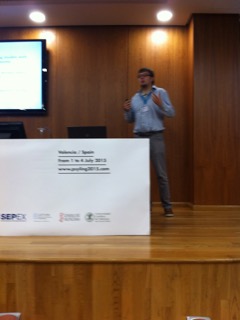


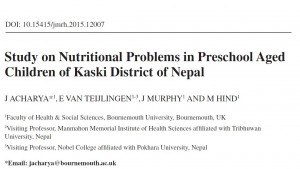
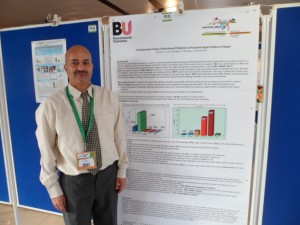


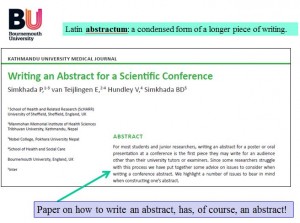




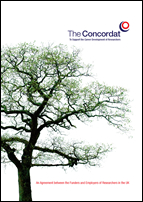












 Seeing the fruits of your labour in Bangladesh
Seeing the fruits of your labour in Bangladesh Exploring Embodied Research: Body Map Storytelling Workshop & Research Seminar
Exploring Embodied Research: Body Map Storytelling Workshop & Research Seminar Marking a Milestone: The Swash Channel Wreck Book Launch
Marking a Milestone: The Swash Channel Wreck Book Launch No access to BRIAN 5-6th February
No access to BRIAN 5-6th February ECR Funding Open Call: Research Culture & Community Grant – Application Deadline Friday 12 December
ECR Funding Open Call: Research Culture & Community Grant – Application Deadline Friday 12 December MSCA Postdoctoral Fellowships 2025 Call
MSCA Postdoctoral Fellowships 2025 Call ERC Advanced Grant 2025 Webinar
ERC Advanced Grant 2025 Webinar Update on UKRO services
Update on UKRO services European research project exploring use of ‘virtual twins’ to better manage metabolic associated fatty liver disease
European research project exploring use of ‘virtual twins’ to better manage metabolic associated fatty liver disease